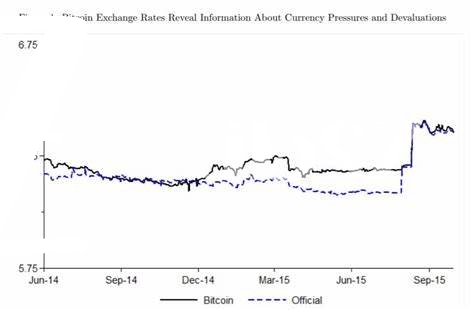Overview of Jordanian Currency Laws 🇯🇴

Jordanian Currency Laws provide a regulatory framework governing monetary transactions within the country. These laws establish guidelines for the issuance, circulation, and exchange of the Jordanian Dinar, the official currency of Jordan. Central to these laws is the maintenance of financial stability and the prevention of illicit activities such as money laundering and terrorist financing. The legal structure ensures compliance with international standards while safeguarding the integrity of Jordan’s financial system. Understanding these laws is essential for businesses and individuals engaging in financial transactions in the country.
In essence, the Jordanian Currency Laws form the bedrock of the country’s monetary system, guiding the flow of money within its borders and facilitating economic activities. By adhering to these regulations, businesses and individuals contribute to the stability and transparency of the financial sector, promoting trust and confidence in Jordan’s economy. Compliance with these laws is not only a legal requirement but also a means to foster a secure and prosperous financial environment for all stakeholders involved.
Evolution of Bitcoin in Jordan 💰
Bitcoin’s journey in Jordan began quietly, gradually gaining traction among tech-savvy individuals intrigued by its decentralized nature. Despite initial skepticism from traditional financial institutions, Bitcoin’s popularity surged, embraced by a growing community seeking financial inclusion and innovative investment opportunities. Its evolution in Jordan reflects a global trend towards digital currencies, highlighting the adaptability of the financial landscape in response to technological advancements. As awareness and acceptance of Bitcoin spread, its potential applications diversified beyond investment, sparking discussions on regulatory frameworks and consumer protection. This gradual integration of Bitcoin showcases Jordan’s openness to emerging technologies, paving the way for further exploration of digital assets in the country’s financial ecosystem.
Legal Status of Bitcoin in Jordan 📜

Bitcoin’s legal status in Jordan is a complex subject, with the government yet to officially recognize it as a form of currency or commodity. While there is no explicit ban on Bitcoin, the Central Bank of Jordan has issued warnings about the risks associated with trading in cryptocurrencies. This ambiguity has created challenges for both regulators and users in navigating the legal landscape surrounding Bitcoin transactions within the country. Despite the lack of clear regulations, some businesses in Jordan have begun accepting Bitcoin as a means of payment, indicating a potential shift in the country’s approach towards this digital asset.
Impact of Regulations on Bitcoin Users 💼

Bitcoin users in Jordan face a complex web of regulations that can significantly impact their experience with the digital currency. These regulations, set forth by the Jordanian government, aim to monitor and control the use of Bitcoin within the country. The restrictions and guidelines put in place have direct implications on how individuals can buy, sell, and trade Bitcoin, influencing the overall accessibility and ease of use for users navigating the cryptocurrency landscape in Jordan. For a deeper insight into how foreign exchange controls affecting Bitcoin play out in different regions, one can explore firsthand perspectives from Irish crypto enthusiasts on the matter by visiting the link foreign exchange controls affecting bitcoin in Japan.
Challenges in Enforcing Cryptocurrency Laws ⚖️
Cryptocurrency laws in Jordan present unique challenges in enforcement due to the decentralized and borderless nature of digital currencies. One of the main obstacles is the difficulty in tracking and identifying individuals involved in cryptocurrency transactions, as these transactions can often be conducted anonymously. Another challenge is coordinating enforcement efforts across different jurisdictions, as regulations and enforcement practices vary widely from country to country. Additionally, the rapid pace of technological advancements in the cryptocurrency space makes it challenging for regulators to keep up with new methods of transacting and storing digital assets. As a result, ensuring compliance with cryptocurrency laws in Jordan requires a concerted effort from regulators, law enforcement, and industry stakeholders.
Future Prospects for Bitcoin in Jordan 🚀

Bitcoin has shown remarkable resilience and adaptability in the face of evolving financial landscapes around the world, including Jordan. As Jordan explores the potential of blockchain technology and digital currencies, the future prospects for Bitcoin in the country seem promising. With increasing awareness and understanding of cryptocurrency, there is a growing interest from both individuals and institutions in integrating Bitcoin into their financial activities. This shift towards acceptance and utilization of Bitcoin could open up new avenues for innovation and investment opportunities within Jordan’s economy.
To further explore the impact of foreign exchange controls on Bitcoin transactions in neighboring countries like Israel, click [foreign exchange controls affecting bitcoin in israel]().
